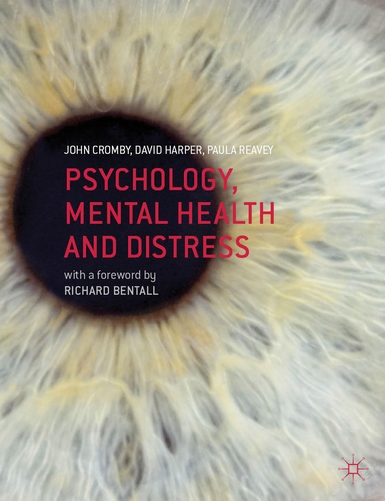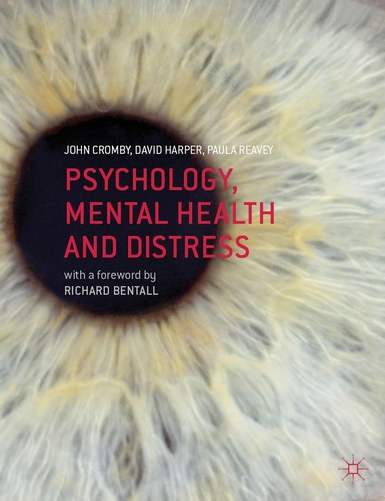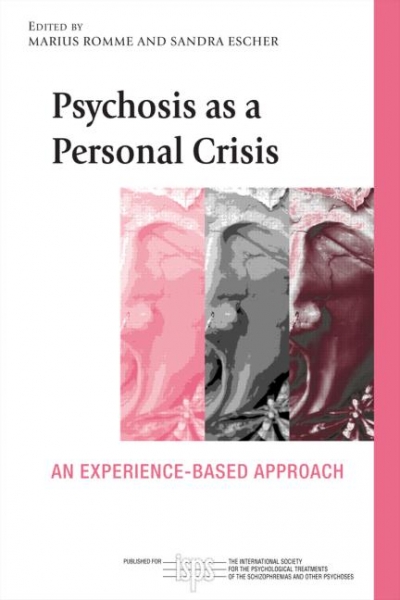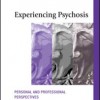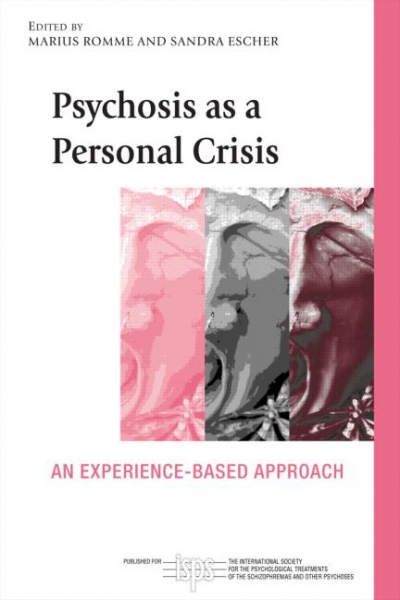
Psychosis as a Personal Crisis seeks to challenge the way people who hear voices are both viewed and treated. This book emphasises the individual variation between people who suffer from psychosis and puts forward the idea that hearing voices is not in itself a sign of mental illness.
In this book the editors bring together an international range of expert contributors, who in their daily work, their research or their personal acquaintance, focus on the personal experience of psychosis.
Further topics of discussion include:
- accepting and making sense of hearing voices
- the relation between trauma and paranoia
- the limitations of contemporary psychiatry
- the process of recovery.
This book will be essential reading for all mental health professionals, in particular those wanting to learn more about the development of the hearing voices movement and applying these ideas to better understanding those in the voice hearing community.




